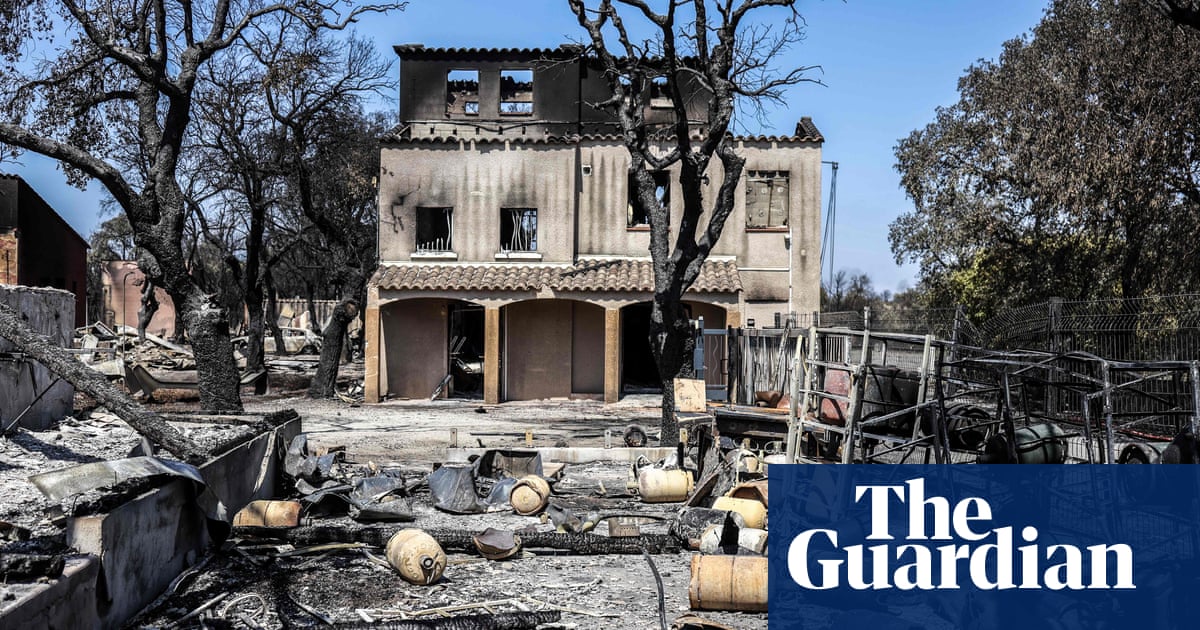
A few hundred asylum-seekers from Yemen have sparked an unprecedented wave of xenophobia in ethnically homogeneous South Korea.
More than a million migrants arrived in Germany after its borders were opened in 2015 to asylum-seekers -- many fleeing war -- which deeply divided the country and its neighbors.
And the United States, by far the worlds most popular destination for migrants, detains thousands of illegal arrivals at its border with Mexico every month. President Trump has vowed to build a wall to keep them out of the country.
But when just 550 or so people from war-ravaged Yemen arrived over several months in South Korea, the reaction was uncompromising, said an Agence France Presse report.
Hundreds protested in Seoul last month urging authorities to "kick out fake refugees" while nearly 700,000 -- a record -- signed a petition on the presidential website calling for tightening what are already some of the worlds toughest refugee laws.
"Europe may have historical baggage with countries (former colonies)... but South Korea has no such moral obligation," the petition said.
Refugees are largely an alien concept in the Asian country where only around four percent of the population are foreigners, mostly from China and Southeast Asia.
Discrimination against them is widespread.
A government survey in 2015 showed that 32 percent of South Koreans do not want a foreigner as a neighbor -- far higher than 14 percent in the US and Chinas 12.2 percent.
The Yemenis took advantage of visa-free access to the tourist island of Jeju. The loophole, intended to boost visitors to the destination, has been closed to other Yemenis following the uproar.
A recent opinion poll showed about half of South Koreans oppose accepting the Yemeni asylum-seekers, with 39 percent in favor and 12 percent undecided.
Park Seo-young, a 20-year-old college student from Daejeon, was against.
"I heard that Yemen has a very poor record in womens rights... and Im afraid that the island will become more dangerous than before and the crime rate will go up," she told AFP.
Another student, Han Eui-mi, added: "Why should they come all the way to Korea when there are many countries nearby?"
Around 40 of the new arrivals are staying at a nondescript hotel in Jeju City.
Packed four to a room to save money, they take turns to cook traditional Yemeni meals in a basement communal area, reported AFP.
Mohammed Salem Duhaish has been given refuge by a local family, along with his wife and eight-month-old son.
The 33-year-old had once hoped to go to the US, where he has several relatives, but gave up on the idea once the anti-immigration Trump became president.
Instead, he decided to head for South Korea.
Duhaish said he learned about the country from the Korean television dramas popular across Asia, adding: "We want the Korean government and Korean people to accept us and deal with us as people who need help."
How to treat people like Mohammed will be a key test of human rights in South Korea, said Seouls left-leaning Kyunghyang daily.
Millions are believed to have fled the peninsula during Japans brutal 1910-45 colonial rule and the 1950-53 Korean War.
"All the tragic events in our modern history drove countless people to leave the country against their will and rely on others goodwill in other countries," it said.
"Embracing these refugees is an opportunity for us to pay back the debt we owe to the international community."












